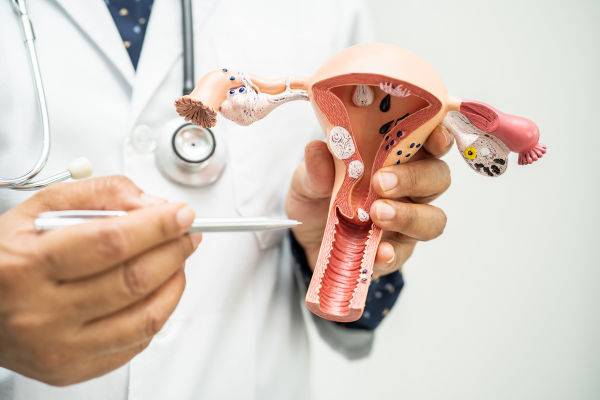What are uterine fibroids?
Uterine fibroids, also known as leiomyomas or myomas, are non-cancerous growths that develop in the uterus. They are common, affecting up to 80% of women by the age of 50. While some women with uterine fibroids may not experience any symptoms, others may experience heavy menstrual bleeding, pelvic pain, and pressure on the bladder or rectum. This can use frequent urination and constipation.
The exact cause of uterine fibroids is unknown, but they are thought to be related to hormonal changes and genetics. Risk factors for uterine fibroids include age, family history, obesity, and African-American race.
Diagnosis of uterine fibroids typically involves a pelvic exam, ultrasound, or MRI. Treatment options depend on the severity of symptoms and may include medication to control bleeding or pain, hormone therapy to shrink the fibroids, or surgery to remove them.
In some cases, uterine fibroids may cause complications such as infertility, miscarriage, or preterm labor. Women with uterine fibroids who are trying to conceive or experiencing complications may need specialized care from a reproductive endocrinologist.
In summary, uterine fibroids are common non-cancerous growths that can cause a range of symptoms. While they may not always require treatment, women who experience symptoms or complications may benefit from medication or surgery. With proper management and care, many women with uterine fibroids are able to maintain their reproductive health and quality of life.





